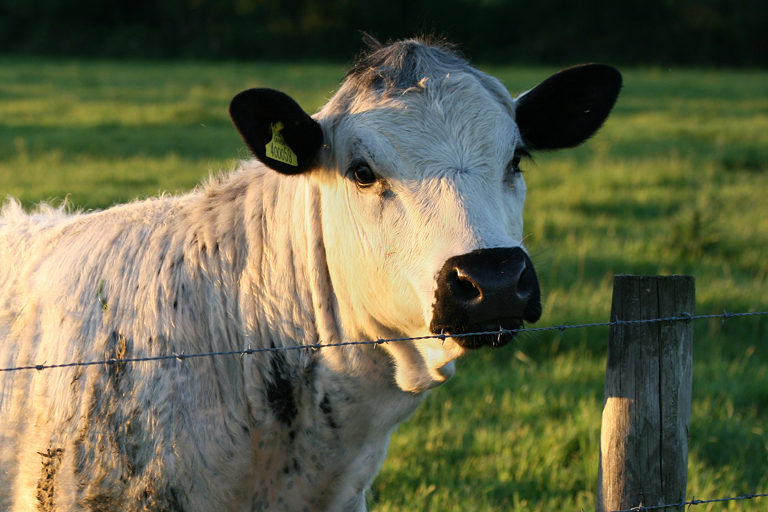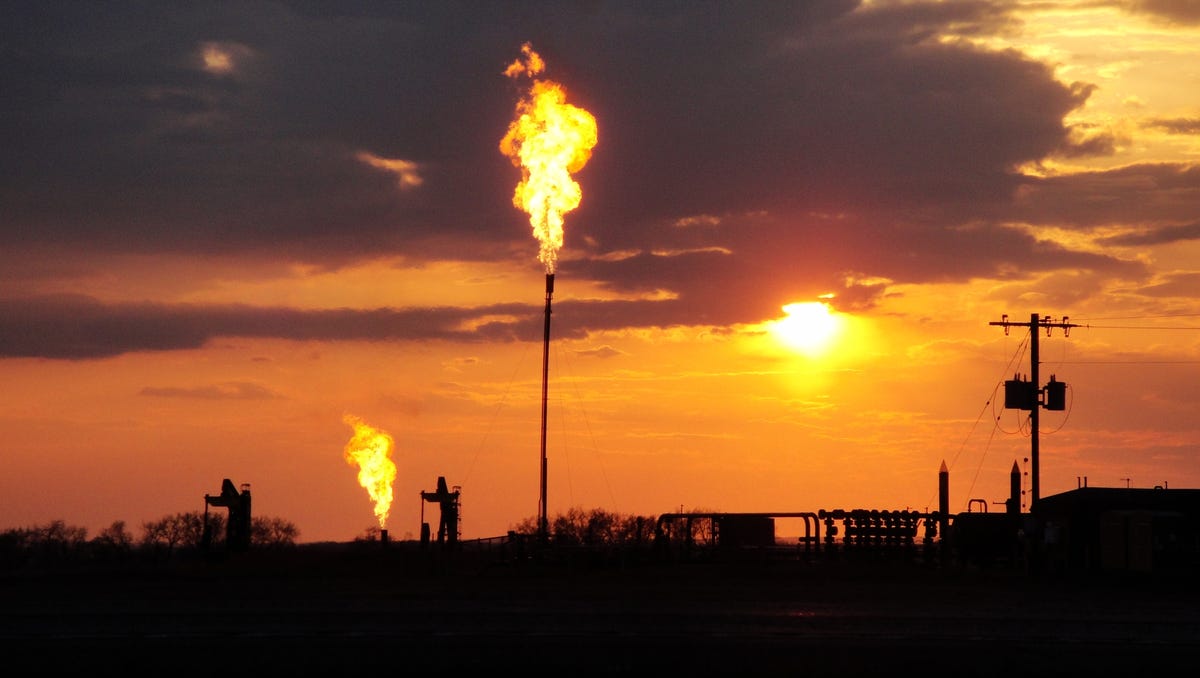- Location
- Hertfordshire
I’m shocked by the number of farmers who don’t understand where the problems of carbon and climate change come from, and how livestock fit into the bigger picture. The simple truth is:
“Increasing levels of carbon in the atmosphere are the direct result of the carbon we dig out of the ground, in the form of coal, oil and gas. This is “new” carbon and is driving global warming.
“Grazed cattle contribute no “new” carbon to the atmosphere. Instead, the carbon they emit was captured from the air by the forage plants they eat. It’s called the carbon cycle and it goes round and round.
“Methane is a short-lives gas. It comes from the plants the cattle eat. It goes into the air and it breaks down to carbon dioxide in between ten and twelve years. So, the methane being emitted today is simply replacing the methane emitted a dozen years ago which has broken down. It’s like filling with water a bucket that has a hole in it.
“Once it’s broken down to carbon dioxide, the plants can recapture it and so the carbon cycle begins again. No “new” carbon is added to the atmosphere.
“Cattle (and humans) also emit carbon dioxide, when we breathe out. This too comes from the food we eat (like methane) and technically lasts ‘forever’ in the atmosphere so ought to be seen as much worse. It isn’t much worse though, as it’s part of the same carbon cycle. That’s why it’s ignored. So should methane be.”
That’s the gist of it.
Things start to get more complicated once you add fertiliser to your ground (uses a lot of fossil fuels in its manufacture and some to transport and spread it) and start adding cereals and other non-forage foods to the diet (lots of fossil fuels used in their production and transport). Waste products are different, as what is the alternative? Landfill, where they decompose to methane and carbon dioxide, or pass through a cow to produce food, methane and carbon dioxide (or through a digester, to produce energy, methane and carbon dioxide, but with digestate that then needs spreading using fossil fuels!)
In summary, a grazed cow that is on unfertilised permanent pasture adds no new carbon to the atmosphere (and this is ignoring the sequestered carbon, ie that carbon which is trapped, permanently, in the soil as humus).
Let’s not fall for the myth that cattle are bad for the environment, misinterpreted initially by the media when the IPPC first published its findings, and since taken as gospel by all and sundry. Get on-message and, whenever anyone asks, say that new carbon comes from the ground, when we extract and burn fossil fuels. Cattle just recycle the same carbon in an endless loop.
“Increasing levels of carbon in the atmosphere are the direct result of the carbon we dig out of the ground, in the form of coal, oil and gas. This is “new” carbon and is driving global warming.
“Grazed cattle contribute no “new” carbon to the atmosphere. Instead, the carbon they emit was captured from the air by the forage plants they eat. It’s called the carbon cycle and it goes round and round.
“Methane is a short-lives gas. It comes from the plants the cattle eat. It goes into the air and it breaks down to carbon dioxide in between ten and twelve years. So, the methane being emitted today is simply replacing the methane emitted a dozen years ago which has broken down. It’s like filling with water a bucket that has a hole in it.
“Once it’s broken down to carbon dioxide, the plants can recapture it and so the carbon cycle begins again. No “new” carbon is added to the atmosphere.
“Cattle (and humans) also emit carbon dioxide, when we breathe out. This too comes from the food we eat (like methane) and technically lasts ‘forever’ in the atmosphere so ought to be seen as much worse. It isn’t much worse though, as it’s part of the same carbon cycle. That’s why it’s ignored. So should methane be.”
That’s the gist of it.
Things start to get more complicated once you add fertiliser to your ground (uses a lot of fossil fuels in its manufacture and some to transport and spread it) and start adding cereals and other non-forage foods to the diet (lots of fossil fuels used in their production and transport). Waste products are different, as what is the alternative? Landfill, where they decompose to methane and carbon dioxide, or pass through a cow to produce food, methane and carbon dioxide (or through a digester, to produce energy, methane and carbon dioxide, but with digestate that then needs spreading using fossil fuels!)
In summary, a grazed cow that is on unfertilised permanent pasture adds no new carbon to the atmosphere (and this is ignoring the sequestered carbon, ie that carbon which is trapped, permanently, in the soil as humus).
Let’s not fall for the myth that cattle are bad for the environment, misinterpreted initially by the media when the IPPC first published its findings, and since taken as gospel by all and sundry. Get on-message and, whenever anyone asks, say that new carbon comes from the ground, when we extract and burn fossil fuels. Cattle just recycle the same carbon in an endless loop.








